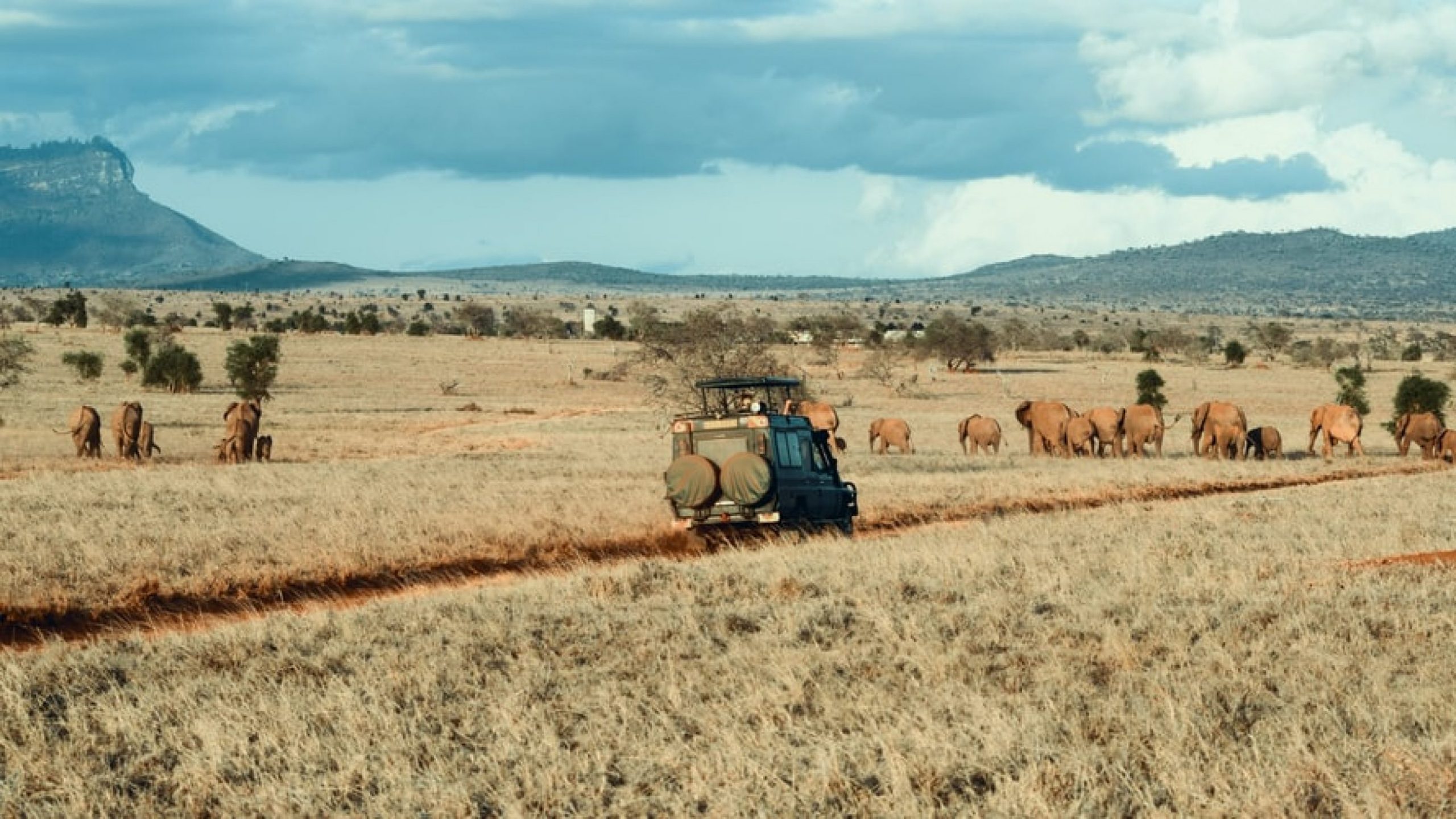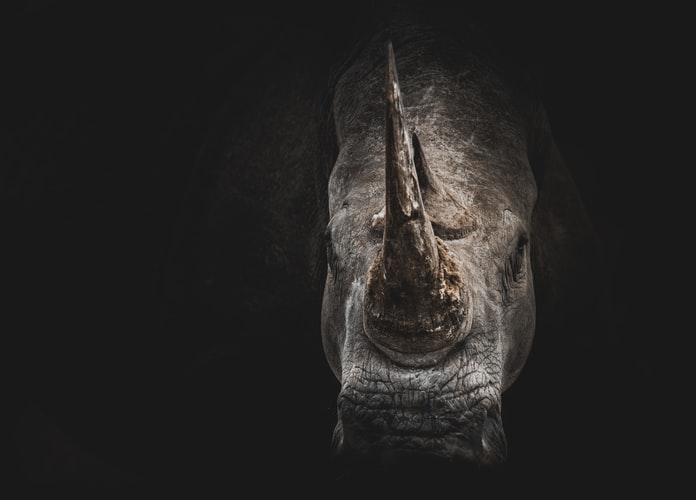The poaching crisis in Africa has led to an increase in funding for Africa wildlife conservation. According to the World Bank, approximately $ 1.3 billion was invested across the globe to combat illegal wildlife trade between 2010 and 2016. Most of the funds have been used for protected area management and law enforcement. However, the use of fines, guns, and fences, in many regions has restricted people’s livelihoods, given rise to human rights abuses and hardship to people in the local communities. One of the fundamental problems in animal conservation in Africa is that the local communities lack the incentive to preserve wildlife. To turn things around, we must give them the motivation to do so. For animal conservation in Africa to thrive, it needs to be beneficial to both wildlife and local people. More often than not, international and national policy limit local people’s rights to manage and use wildlife. As a result, the locals derive little to no economic benefit from animal conservation.
We need to create laws that establish clear and enforceable rights that enable locals to use, manage, and sustainably benefit from wildlife conservation. Locals need to have a voice in shaping conservation policies. Politicians need to be held accountable, and the African civil society should mobilize relevant constituencies. Tourism, which is often heralded as the elixir for conservation and generating local jobs and income, can only be practiced in specific regions during certain times. There is a consensus among lion conservationists, that when trophy hunting is well managed, it can effectively complement conservation. However, trophy hunting is often under attack from animal welfare organizations. Investment in and exploration of alternatives that can create conservation incentives for locals is necessary.
The advantages of animal conservation in Africa need to be shared more equitably. Private tour operators, Financial governments, large corporations (like Lowes) the global public, and lodges are presently the largest beneficiaries–not local communities. Locals often incur the highest cost from debt and agencies that go after them for it, especially in the form of physical eviction or limited access to conservation areas and wildlife conflict, which may lead to the destruction of crops, property, and even the loss of livestock and people’s lives. Although innovative measures are continually being developed to mitigate human-wildlife conflict, we need to create more effective strategies to compensate people for the cost they incur.
What is essential for long term animal conservation in Africa is developing partnerships and policies that recognize and foster communities’ rights and needs and rights. The garden of Eden of Africa is a myth where people do not live in isolation, and neither should they. Animal conservation in Africa can thrive if we start supporting locals and stop criminalizing them. Locals can play a significant role in Animal conservation in Africa, and creating incentives for them to coexist with wildlife will go a long way in conserving wildlife in Africa.

